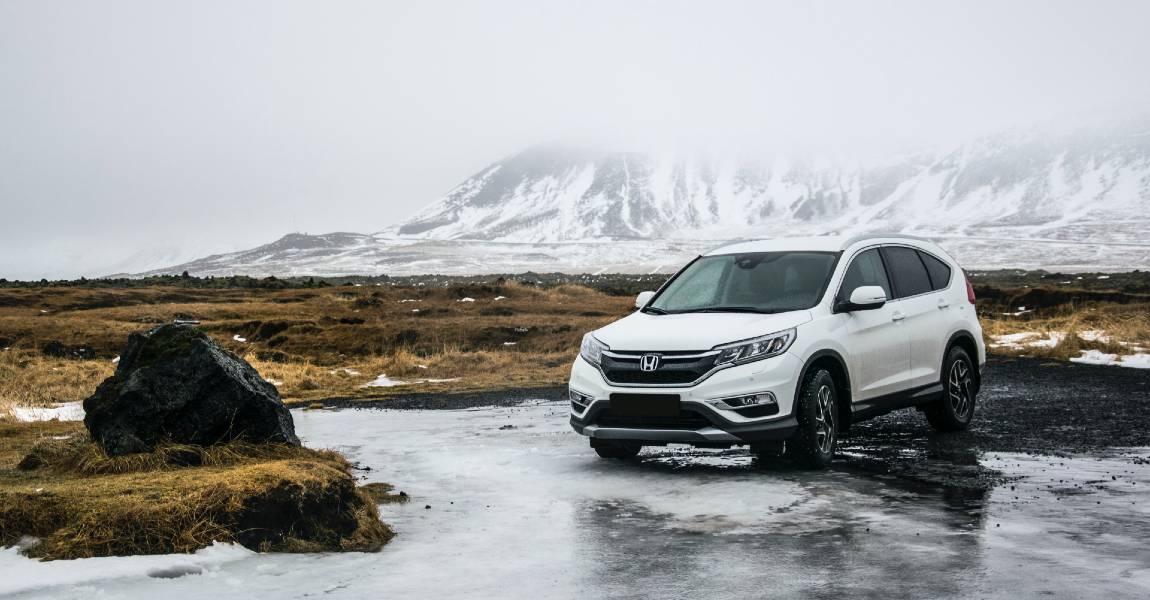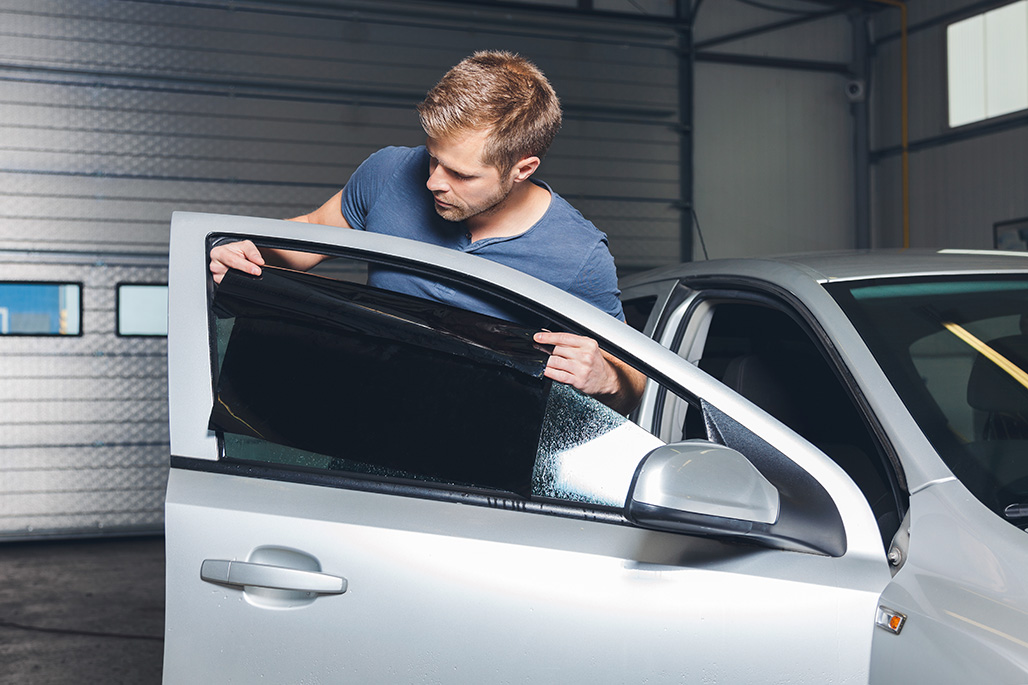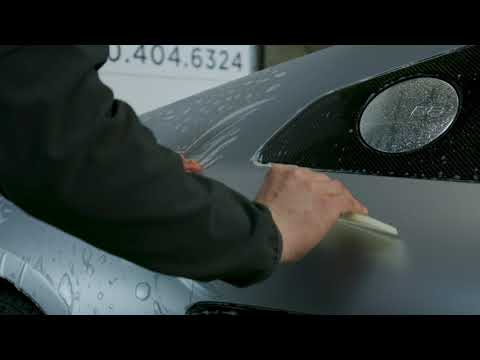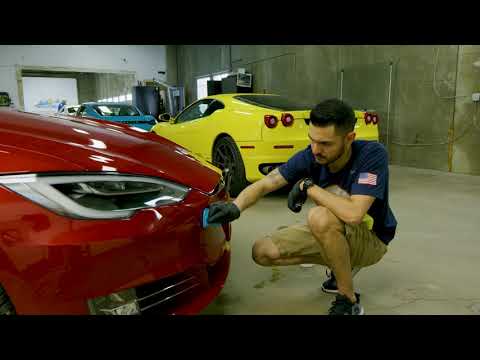Car Window Tinting: 7 Key Things You Should Be Aware Of can feel like a journey into the unknown.
Pondering car window tinting can be overwhelming with all the facts and choices to mull over.
You might be asking yourself – What are the benefits? How dark should I go? Do I need professional tint installation, or can I do it myself?
No wonder Car Window Tinting: 7 Key Things You Should Be Aware Of is on your mind!

Table of Contents:
- The Basics of Car Window Tinting
- Checking Tinting Laws Before You Commit
- Understanding Different Types of Window Tints
- Benefits of Darker Tints
- Privacy Advantages of Getting Your Car’s Windows Tinted
- Professional Installation Vs. DIY Kits
- Making The Right Choice For Your Vehicle
- FAQs Colorado Car Window Tinting
- Conclusion
The Basics of Car Window Tinting
When maintaining your vehicle, one aspect often overlooked is car window tinting.
This process involves applying a thin laminate film onto the glass surfaces of your automobile’s windows.
Why should you consider getting professional window tints?
- UV Protection:
Tinted windows block up to 99% of harmful UV rays that not only heat up your vehicle but also cause fading and cracking on interior leather upholstery.
- Cooler Interior:
In addition to blocking bright sunlight coming in through the windows, these films help keep your car cool by reducing solar heat gain significantly.
- Safety & Privacy:
A darker shade for passenger and driver’s windows provides increased privacy while driving or when parked. In case of an accident, this film holds shattered glass together, preventing injury from flying shards.
- Better Driving Experience:
Darker tints limit glare from direct sun or headlights, enhancing visibility and making driving safer.
Selecting The Right Type Of Film For Your Vehicle’s Windows
Numerous options are available, ranging from dyed window tint, which absorbs light and reduces reflection; metallic window tint, known for its superior performance against UV rays; ceramic window tint, recognized as top-tier due to its advanced technology providing maximum efficiency without interfering with electronic systems inside vehicles like GPS devices.
Your Next Steps…
If you’re considering having this service done professionally, remember each type has unique benefits depending upon specific needs, such as the desired tint level vs the amount of UV protection. So do thorough research before deciding what’s best suited for individual requirements. Ready to dive deeper into the world of auto care? Let’s move forward and explore how local laws may affect the decision-making process regarding application intensity levels… Stay tuned.

Key Takeaway:
Car window tinting is an often overlooked aspect of vehicle maintenance. It offers benefits such as UV protection, a cooler interior, safety and privacy, and a better driving experience. There are different types of films available, including dyed, metallic, and ceramic tints. Before getting your car windows tinted professionally, research the options that best suit your needs. Stay tuned to learn about local laws regarding tint intensity levels.
Checking Tinting Laws Before You Commit
If you’re considering getting your automobile’s windows tinted professionally, it’s crucial to understand the legalities first.
Different states have different regulations on how dark a car window tint can be applied to a vehicle window.
Understanding local laws regarding window tinting becomes essential before making any commitments.
In the state of Colorado, the window tinting restrictions for coupes, vans, sedans, and SUVs are pretty similar.
Here’s a breakdown:
- In the United States, it is permissible to have a non-reflective tint on the top 4″ of the vehicle’s windshield. This tint should allow for 70% Visible Light Transmission (VLT), which helps minimize glare for the driver while still ensuring clear visibility.
- The front side windows of all vehicles must have more than 27% outside light to enter.
- The same rule applies for both rear side and back windows – they must allow more than 27% of outside light into the vehicle.
- However, if your front side windows have more than 70% VLT (meaning they let in less light), you are free to have any level of tint darkness on your backside and back window.
Medical Exemptions for Window Tinting Laws
Do exemptions to these regulations exist?
The answer is yes. In some cases, medical conditions may allow for exemptions from standard auto window tinting laws.
- An example could be someone with photophobia (light sensitivity), who would need darker tints than usual due to their condition.
For more detailed information on this topic, an example case study of Colorado Clear Bra’s service area is available to help navigate state-specific regulations.
Navigating State-Specific Regulations: An Example Case Study of Colorado Clear Bra’s Service Area:
For instance, in our service area of Colorado:
- The car windshield must allow over 70% light inside; only non-reflective tints above the manufacturer’s AS-1 line are allowed here.
- Sedans and SUVs require that all side windows let at least 27% light inside. The backside and rear windows also should permit over 27% light transmission within them.
- As per state law, tints cannot reflect incoming lights or imitate mirrored surfaces. It means metallic window tints aren’t permitted under most circumstances.
While professional installation offers many benefits like UV protection and increased privacy – remember always check your local state’s specific requirements.
Understanding Different Types of Window Tints
Dive into the world of different types of window tints by exploring various types available on the market today. Each type has its unique properties and advantages, which we’ll explore in detail.
Dyed Window Tint
The dyed tints are popular for car owners seeking an affordable option that provides privacy and reduces heat inside their vehicles. It’s created by applying a layer of dye between an adhesive layer and protective polyester top coating.
Metallic Window Tint
A metallic window tint not only gives your car windows a shiny appearance but also offers excellent UV protection. This high-performing tint reflects sunlight away from your vehicle, keeping it cooler during hot summer days.
Hybrid Window Tint
If you’re looking for something midway between dyed and metallic options, consider hybrid tints. These combine both dye and metalized layers to offer improved UV blocking capabilities while reducing glare without compromising visibility or aesthetics.
Ceramic Window Tint
One of the most advanced forms available, ceramic window tint, uses ceramic particles known for their nonconductive properties to provide maximum efficiency in controlling heat transfer while offering superior clarity.
Benefits of Darker Tints
If you’re considering car window tinting, it’s worth understanding the advantages that darker tints can bring.
Darker tints tend to offer superior heat reduction compared to their lighter counterparts. Research has shown that these types of tints limit bright sunlight coming into your vehicle.
This means they play a significant role in keeping your car cool during those hot summer months.
The Science Behind It
You might be wondering how this works exactly?
Studies have uncovered that hues of a darker shade take in more sunlight-based energy than those of lighter tones. This principle applies directly when we talk about window tint applied to cars.
Better Visibility and Comfortable Driving Experience
Apart from making your vehicle cooler, darker shades also help reduce glare for better visibility while driving.
It’s an important factor, especially if you frequently travel under bright sunlight.
So next time you think about getting your vehicle windows tinted professionally, remember – not only do darker tones provide increased privacy but they also contribute significantly towards a comfortable and safer drive.
Please note though: before deciding on very dark or “limo” style tints, always check with local laws.
Remember. The goal is not just aesthetics but ensuring comfort without compromising safety regulations.
Privacy Advantages of Getting Your Car’s Windows Tinted
Have you ever considered the privacy benefits that come with having your car windows tinted professionally?
This is a crucial aspect often overlooked by many.
Tinting not only enhances your vehicle’s aesthetics but also offers an increased level of privacy.
Research shows that tints can deter potential thieves, as they’re unable to see any valuables inside.
The Privacy Aspect A Closer Look
A darker tint on your auto windows makes it harder for outsiders to peer in.
This creates a sense of security and peace when driving or even parked.
Moreover, professional window tints help protect personal belongings left in the car from prying eyes.
Balancing Privacy With Safety
While opting for darker tints increases privacy, safety should never be compromised.
It’s essential to choose a tint that doesn’t obstruct visibility while driving, especially at night.
Remember, overly darkened windows might limit driver visibility, which could lead to accidents.
Now we’ve covered how getting your car’s windows tinted provides enhanced privacy without compromising safety.
But what about installing these tints? Is it better to do it yourself or hire professionals?
Stay tuned as we delve into this topic next.
Professional Installation Vs. DIY Kits
Quality of Materials:
- A critical element is the grade of materials utilized. Compared to most DIY options, professional window tints often use high-quality dyed or ceramic window tints that offer superior UV protection and heat reduction.
- This means a cooler vehicle interior even when there’s bright sunlight outside, thanks to these top-tier tints blocking harmful UV rays effectively.
The Application Process
Another significant difference lies in how the auto glass tint is applied. With professionals doing this task, you can expect precision application without bubbles or peeling edges – common issues with self-applied tints.
Durability Considerations:
Last but not least, durability matters too. Professionally installed films tend to last longer than their DIY counterparts because they are meticulously fitted by experts who know exactly what they’re doing. (source).
On one hand, DIY kits offer flexibility as well as cost savings.
On another note, it might be worth exploring.
However, remember, nothing beats having your side windows and front windshield perfectly covered by expertly handled metallic or ceramic film.
Making The Right Choice For Your Vehicle
When selecting car window tinting, it is crucial to consider both local laws and personal preferences.
You want the best for your vehicle and its occupants.
Weighing Local Laws Against Personal Preferences
Your first consideration should be local window tint laws.
Different states have varying regulations on how dark a tint can be applied to car windows.
Type of Tint: Dyed or Metallic? Ceramic Perhaps?
The type of window tint you prefer also matters significantly in this equation.
- A dyed window tint offers excellent heat reduction but may fade.
- Metallic tints provide superior UV protection and don’t fade as quickly but might interfere with cell signals inside the vehicle.
Budget Considerations: Professional Installation Vs. DIY Kits
- If budget isn’t a constraint, having your windows professionally installed ensures high-quality materials are used along with proper application techniques that last longer than most DIY kits available in the market today. Professional installation ranges between $200-$300 depending on factors like size and complexity of work involved.
If cost is a concern, opting for affordable yet quality pre-cut film may be the way to go.
To learn more: How Much Does Car Window Tint Cost?
FAQs Colorado Car Window Tinting
Is 5% tint legal in Colorado?
Having a 5% tint, also known as “limo tint,” means that only 5% of the outside light can pass through the window. This is the darkest type of window tint available, and it is only allowed for specific conditions for certain vehicles. In Colorado, it is legal to have a 5% tint on a car’s rear windshield and the back side windows, as long as the front side windows and front windshield allow at least 70% visible light transmission (VLT).
Can you receive a ticket in Colorado for having tinted windows?
If your vehicle’s windows violate Colorado’s window tinting law and the police pull you over, you could be issued a ticket with fines up to $500. The amount of the fine may increase if there are other illegal modifications on your vehicle or if your behavior prompted the traffic stop. It is advisable to ensure that your car will comply with Colorado’s window tinting regulations before getting your windows tinted or purchasing a vehicle with pre-tinted windows.
Can you be pulled over in Colorado specifically for having illegal tints?
Yes, it’s possible for law enforcement officers to do a traffic stop if they observe that a vehicle clearly violates Colorado’s window tinting law. Individuals receive citations for violating these laws for being pulled over for other violations. To minimize the risk of being stopped by police, it is best to ensure your vehicle adheres to Colorado’s regulations regarding window tints and always drive responsibly.
Conclusion
Car window tinting isn’t just about style; it’s a smart move for protection and privacy.
The basics have been laid out – UV protection, heat reduction, and an added layer of discretion on the road.
You’ve learned that local laws are crucial in how dark your tints can be. Medical conditions might even grant you exemptions to these rules.
Dyed, metallic, hybrid…the types of glass tints are as varied as their benefits. Each has its unique charm and advantage over others.
We’ve highlighted darker tints’ superior heat-blocking abilities while highlighting their enhanced privacy without compromising safety or visibility.
Professional installation vs. DIY kits? The choice depends on several factors, including cost considerations and quality expectations.
In conclusion: car window tinting is more than meets the eye; it’s an investment in comfort, security, and vehicle longevity. Ready to start your journey?
Colorado Clear Bra, specialists in clear bra application, ceramic coating services & professional car window tinting await! Let us help you make the right choice for your vehicle today!






